

Poor sleep hygiene can have consequences that go far beyond feeling a bit tired the next day. When we consistently lack adequate sleep, it can profoundly affect both our physical and mental health. This can become evident in many ways—such as a heightened risk of developing depression and anxiety—and may lead to a range of other health complications. It can also impact your ability to function well during your awake hours, which could result in poor work performance. Therefore, establishing consistent, positive sleep behaviours and setting up an environment that promotes healthy sleep are some of the most important things you can do for your health.

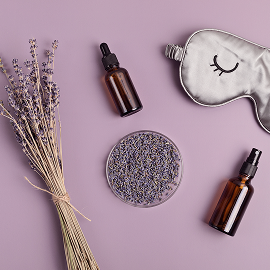
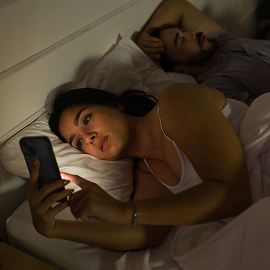
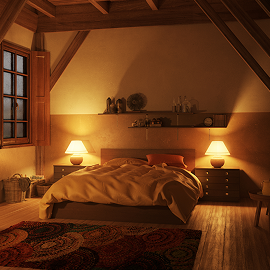



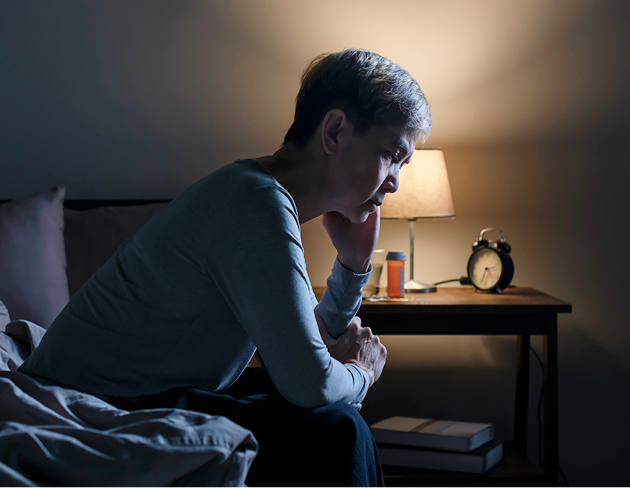
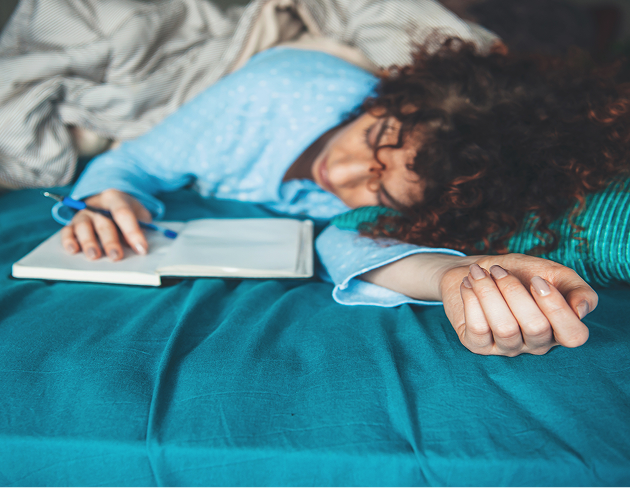
Take this short, clinically validated self-assessment to see where your sleep challenges may fall—from mild to more serious—and if it might be time to talk with your doctor.